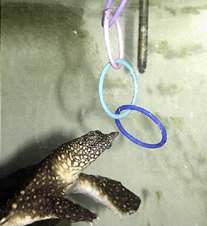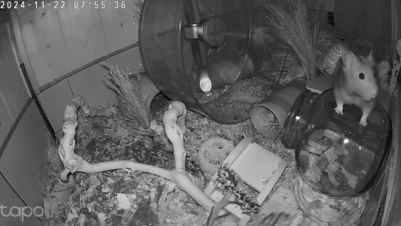A variety of thought-provoking and innovative ideas were covered at the joint AWSELVA and British Veterinary Forensic and Law Association conference in January. Kendal Shepherd’s take-home message was that “behaviour must be considered throughout the case” and not as a snapshot in time; Sarah Wolfensohn presented the Animal Welfare Assessment Grid, which graphically records animal welfare on scales relating to physical assessment, psychological well-being, environmental standards and external events, providing a more rounded picture of an animal’s welfare and a measure that can be used over time.
Shortcomings of authorities in the UK
Elizabeth Ormerod described her long career battling against the shortcomings of authorities. Her valiant efforts to set up schemes promoting human well-being alongside animal health and linking social, legal and community agencies together with veterinary services were inspiring. Elizabeth’s approach is that practice does not just happen in the practice building, but that a bond-centred practice involving all staff benefits the community and the practice, through community engagement and reputation enhancement.
This highlighted two egregious injustices that still exist in the UK concerning pet ownership. Firstly, that elderly people entering the care system are frequently not permitted to take their pets with them, and secondly, that for sufferers of domestic violence seeking places in refuge shelters, the choice is often to leave the pet in the “care” of the abuser at home or to remain in the abusive situation.
Despite the International Association of Human-Animal Interaction Organizations calling for governments to legislate for older people’s rights to keep their pets as they move into a care home as far back as 1995 (for which the US, Spain, Greece, France and Norway took action), the UK makes no such provision. In France, where pets are acknowledged as “living beings” rather than property, it is a recognised human right to retain the companionship of an animal, with pets allowed into restaurants, refuges and care homes; even holiday homes must by law accommodate the pet with its owner. In the UK, the Society for Companion Animal Studies found that only 29 percent of care homes routinely allow pets to remain with owners.

There have been efforts to do something about the issue of women fearing to leave pets behind in dangerous domestic situations, but these have come from charities, professional organisations and academia, not from the government. The Dogs Trust Freedom Project has been running for more than a decade and has placed more than 1,000 dogs in foster care while their owners manage their home situation. The RSPCA operates a PetRetreat service for animals and people in danger, though it is currently not able to offer any places.
The Links Group continues to do both research and practical work in this area and in 2018, in collaboration with the BSAVA, will be running free courses for members in recognising and dealing with abuse cases. The shelters themselves are at breaking point for managing their human cases alone, having to refer women and children to shelters hundreds of miles away or turning them away altogether. Funding for refuges across England has dropped from £31.2 million in 2010/2011 to just £23.9 million in 2016/17, and three quarters of local councils have reduced funding for refuges since 2010, despite government pledges to boost spending in this area.
Keeping pets united with safe owners in cases of domestic violence and protecting animals from abusers of people and animals currently falls to charities and organisations struggling to cope with demand alongside the other challenges to animal welfare they manage, with little financial or legal backing from government and local authorities. Should this be higher up the political agenda?








